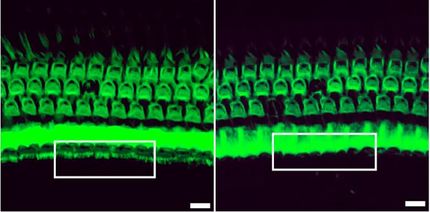BGU Kahn Center research group unravels genetic mutations for intestinal obstruction
Prof. Ohad Birk’s team identifies mutations in two different Bedouin tribes
Advertisement
Intestinal obstructions have many causes, some of which are genetic. In extreme cases, such as in some instances of cystic fibrosis (CF), intestinal blockages are found even at birth. Ben-Gurion University of the Negev and Soroka University Medical Center Prof. Ohad Birk’s research group has discovered mutations in the gene GUCY2C that lead to intestinal blockages in newborns. An article describing the research was published in the American Journal of Human Genetics.

Prof. Birk
Dani Machlis
Mutations in GUCY2C that abrogate its function were identified in two different Bedouin tribes in the Negev where there were instances of intestinal obstructions in newborns without any evidence of CF. The GUCY2C gene is known to activate the gene for CF. It expresses solely in the intestine. Therefore, mutations that impair its function inactivate the functioning of the gene for CF solely in the intestine, causing obstructions in newborns without any of the other effects of CF.
Mutations in the GUCY2C gene might serve to protect against diarrheal infections such as E.coli. Unlike normal laboratory mice that die of severe diarrhea when infected with E.coli bacteria, mice with a GUCY2C mutation do not. Apparently, the mutation might have evolved in the Bedouin to make them more immune to diarrheal diseases and the loss of fluids in their harsh desert clime. Interestingly, a concurrent publication of another research group has discovered that a different mutation in the same gene causes an opposite effect, increasing its activity and leading to diarrhea in newborns. Thus, different mutations in the same gene apparently govern the tendency towards intestinal obstruction or diarrhea in extreme cases.
Prof. Birk’s group is continuing the research to determine whether more subtle changes in this gene control the tendency to diarrhea or constipation in the population at large.























































